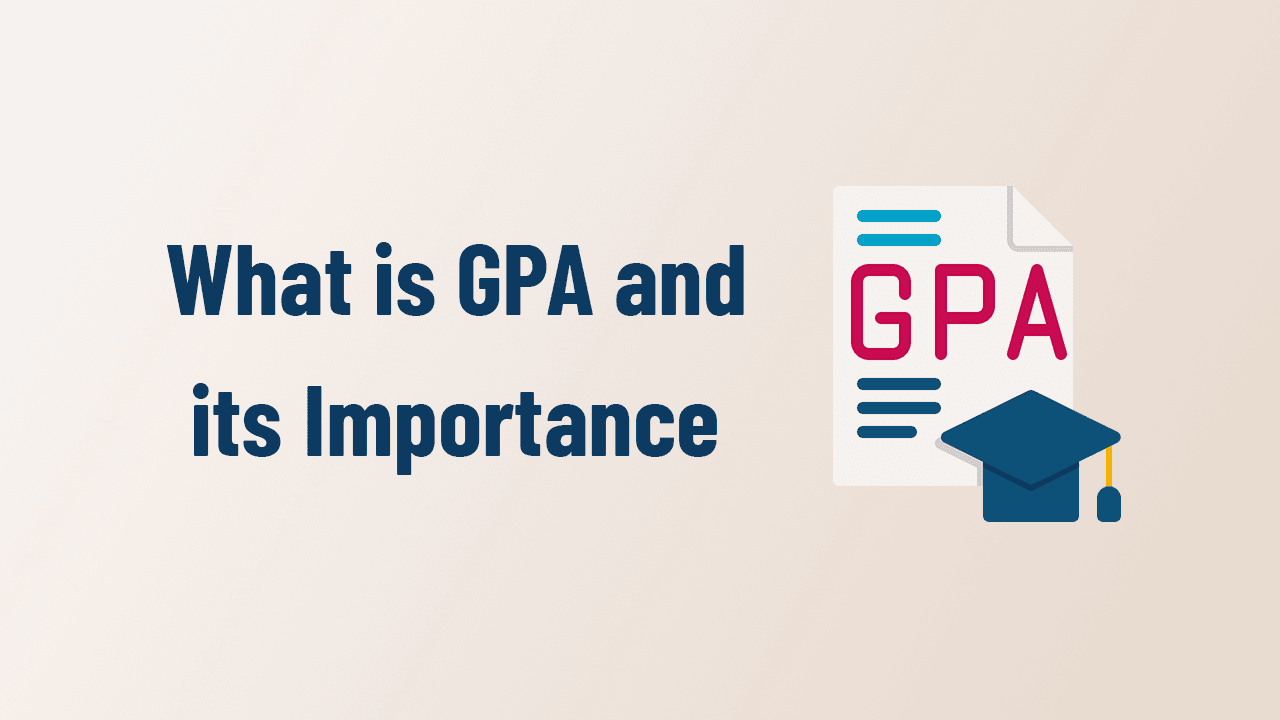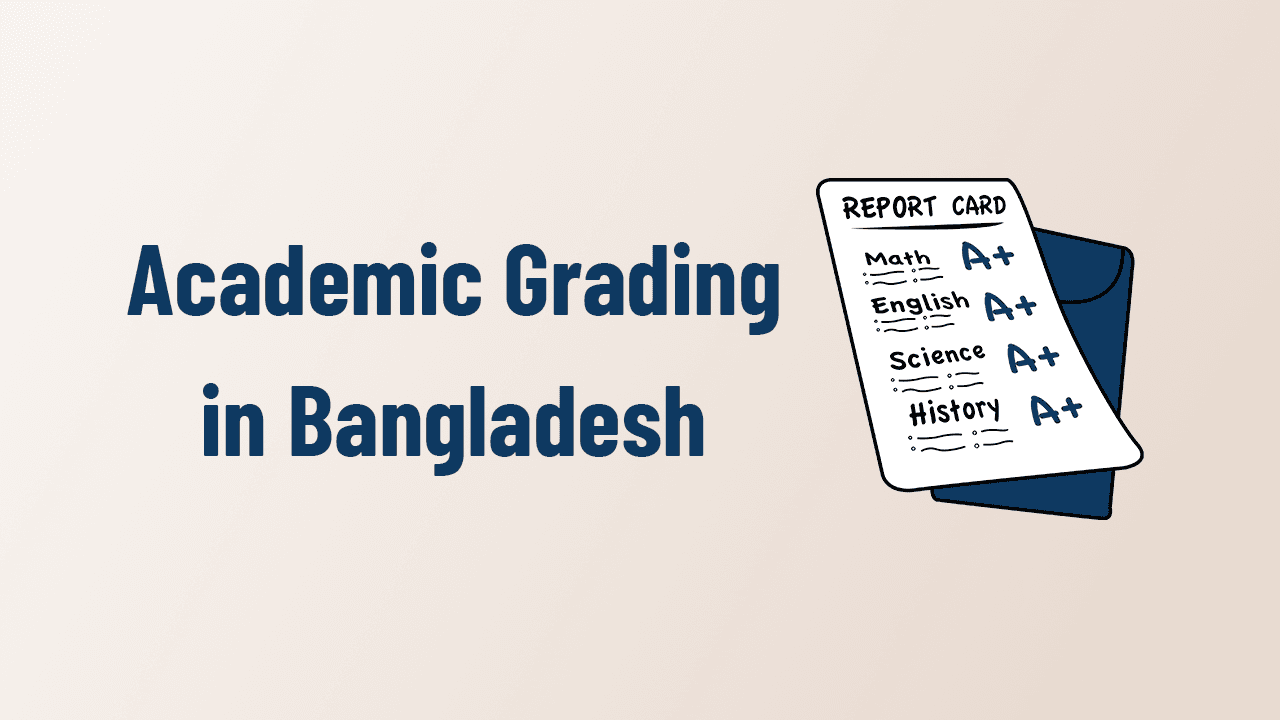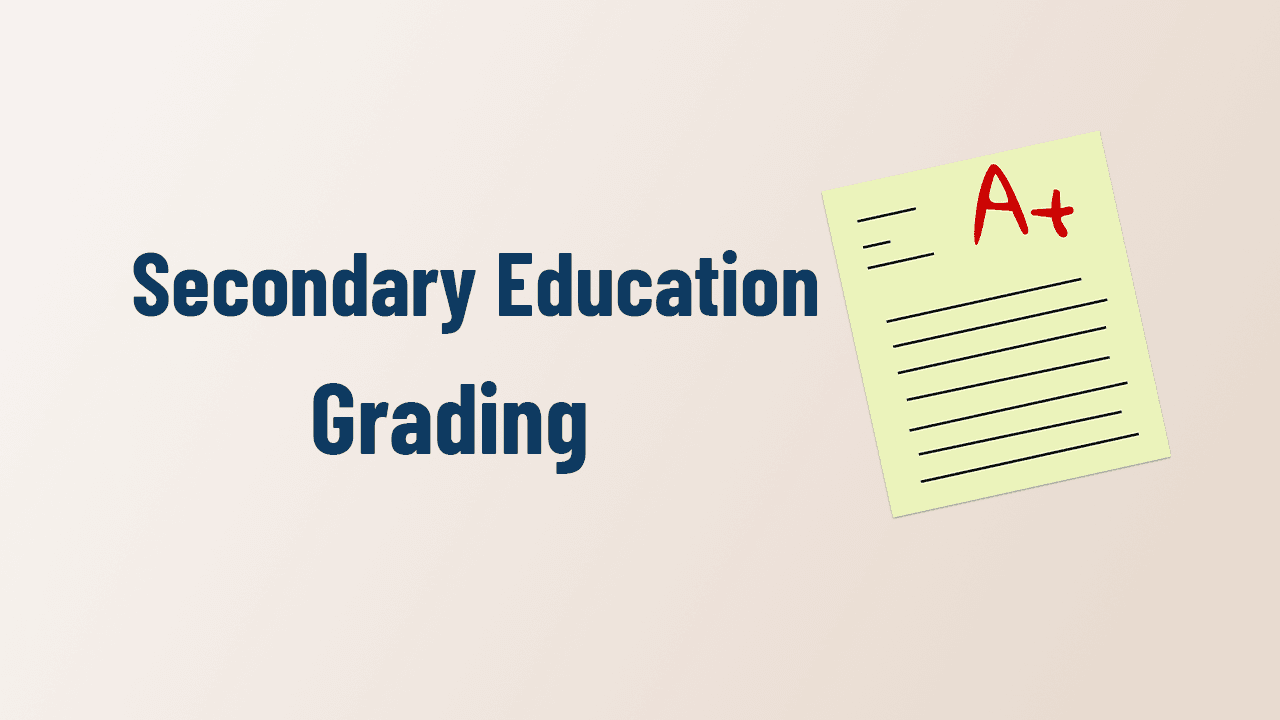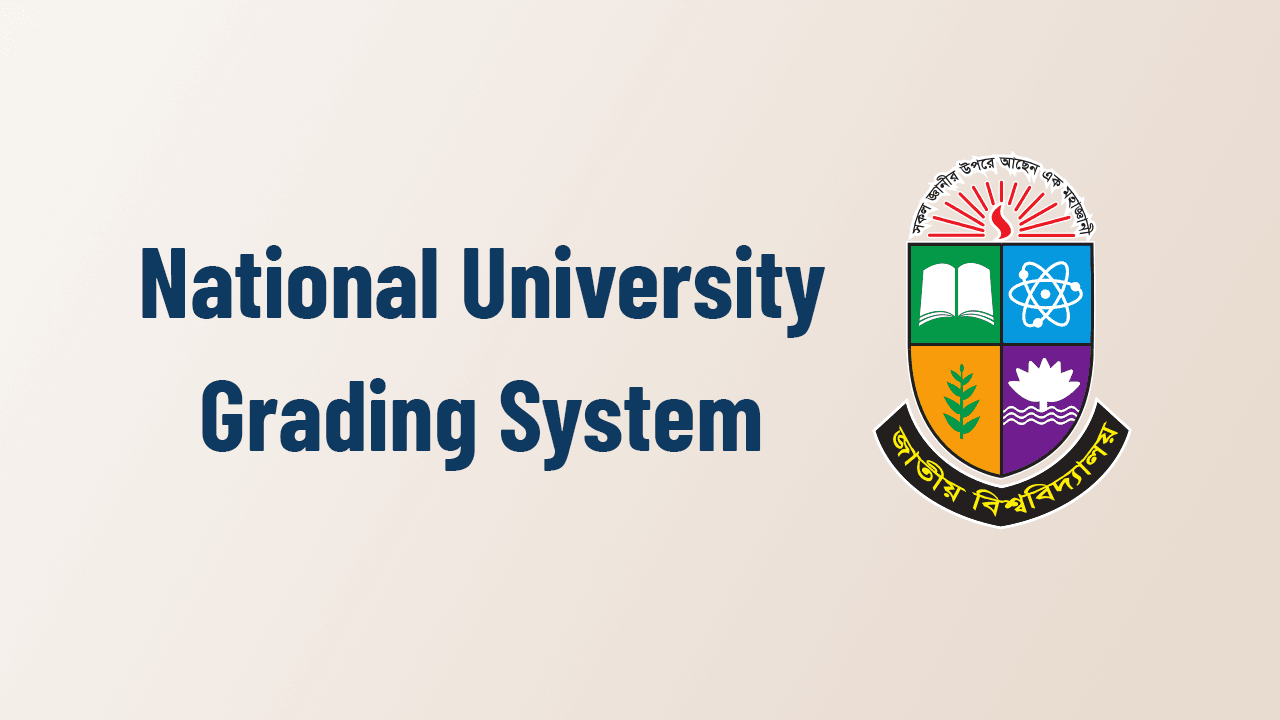Bangladesh’s education system has three levels: primary, secondary and tertiary. The tertiary level is also called higher education. Primary and secondary education are compulsory. The main languages of instruction are Bengali and English. English version schools follow the Bangla medium curriculum with textbooks translated from Bengali to English. English proficiency is important for accessing higher education, business and technology in Bangladesh.
Education System in Bangladesh
Bangladesh’s education systems are divided into three levels, and these are:
- Primary Education Level
- Secondary Education Level
- Higher Education level
Bangladesh’s government controls all levels of education. Private education institutions follow all rules, like the Bangladesh government and UGC. Students can enroll in courses of these levels in English or Bangla Medium. Let’s discuss three education levels below.
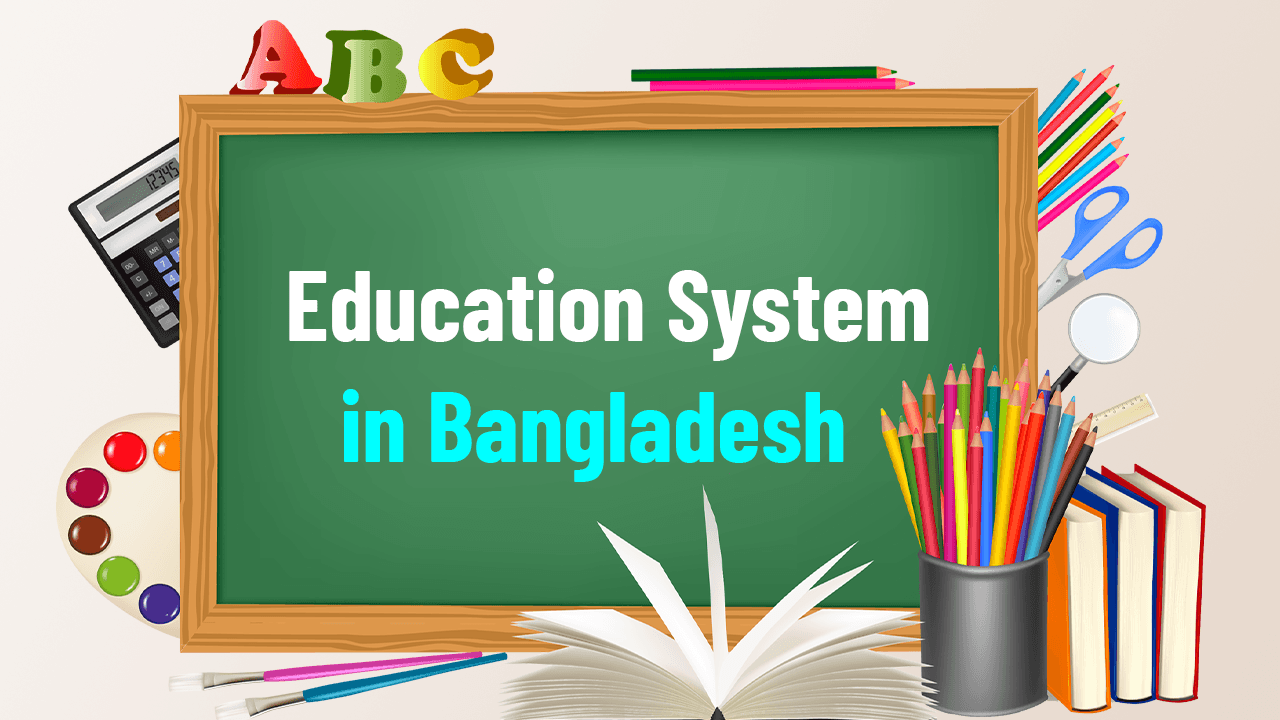
Primary Education in Bangladesh
Primary education in Bangladesh is the first stage of formal schooling for children. It consists of five grades, from grade 1 to grade 5. The primary education system aims to provide basic literacy and numeracy skills, as well as social and moral values, to the students. The primary education system is divided into government-run schools and non-governmental organizations (NGOs) or private schools. The government-run schools follow the national curriculum and are free of charge for the students.
The NGOs or private schools may follow different curricula and charge fees for the students. The quality of primary education varies widely across the country, depending on the availability of resources, teachers, and infrastructure.
Let’s know the Secondary and Higher Secondary Courses:
General Board:
- Primary Education Certificate (PEC) (5th grade)
Madrasah Board:
- Ebtedayee (5th grade)
Secondary Education in Bangladesh
Secondary education in Bangladesh is a crucial stage in the academic journey of a student. It prepares them for higher studies and career opportunities. Secondary education consists of two levels: junior secondary (grades 6 to 8) and secondary (grades 9 to 10). Students who complete secondary education can take the Secondary School Certificate (SSC) examination, which is a national public examination that determines their eligibility for higher secondary education.
Secondary education in Bangladesh aims to provide students with a broad and balanced curriculum that covers various subjects such as Bangla, English, mathematics, science, social studies, religious studies, and optional subjects.
After completing 10th grade secondary education, students appeared in 12th grade higher secondary education. Bangladesh Education board controls the Secondary education public examinations. Let’s know the Secondary and Higher Secondary Courses:
General Board:
- Secondary School Certificate (SSC) (10th grade)
- Higher Secondary School Certificate (HSC) (12th grade)
Madrasah Board:
- Dakhil Certificate (Dakhil) (10th grade)
- Alim Certificate (Alim) (12th grade)
Technical Board:
- SSC Vocational (10th Grade)
- HSC Vocational (12th Grade)
Let’s know the Education Boards in Bangladesh for Secondary and Higher secondary education.
General Education:
The following are the Nine General Education Board of Bangladesh.
- Barisal Education Board
- Chittagong Education Board
- Comilla Education Board
- Dhaka Education Board
- Dinajpur Education Board
- Jessore Education Board
- Mymensingh Education Board
- Rajshahi Education Board
- Sylhet Education Board
Also, there are other education boards, the Madrasah Board for Madrasa Education and the Technical Board for Technical Education.
Higher Education in Bangladesh
Higher education in Bangladesh is offered by various types of institutions, such as universities, colleges, engineering institutes, medical colleges, nursing institutes, and madrasahs. The higher education system is supervised by the Ministry of Education and the University Grants Commission.
The higher education can be taken from any UGC approved university. There are 3 types of universities in Bangladesh for higher education degrees which are as follows:
- Public University (53 University Available)
- Private University (109 University Available)
- National University (Affiliated Colleges in Bangladesh)
Bangladesh Education is compulsory for all citizens until the end of grade eight, and it is free of charge in public schools. The education system has three levels: primary, secondary and higher education. The primary level covers grades one to five, the secondary level covers grades six to twelve, and the higher education level includes universities and colleges.

